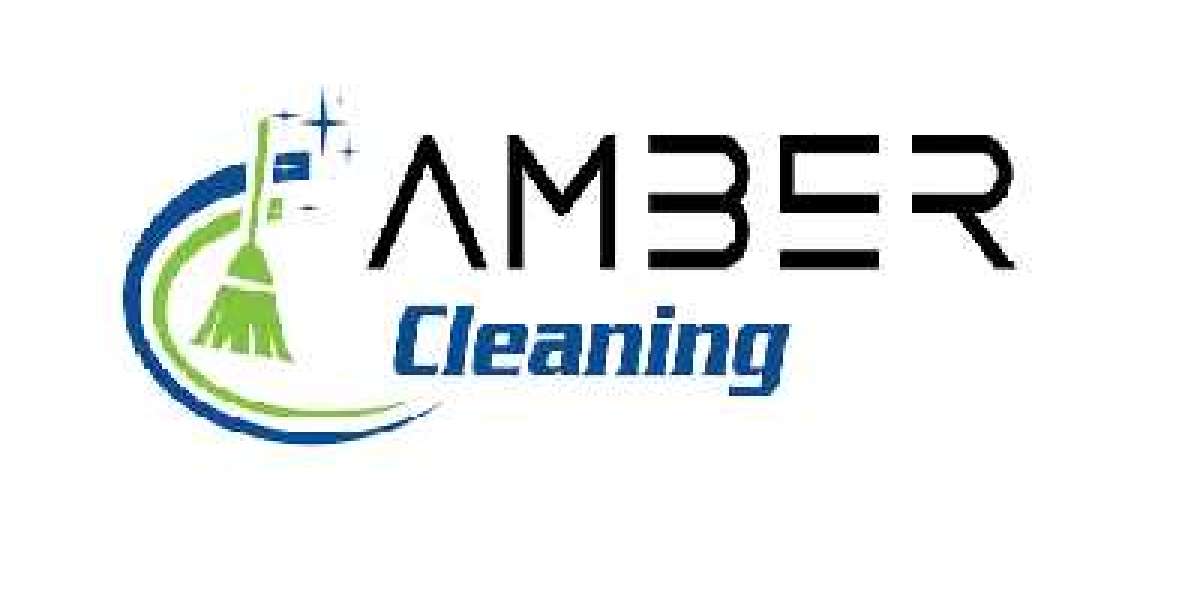Learn mortgage accounting best practices. Explore methods, tools, accounting reports critical to running a successful mortgage business.
Mortgage Accounting - Mortgage Accounting Best Practices
Mortgage accounting refers to the process of managing and recording financial transactions related to mortgage loans. This includes activities such as tracking loan balances, interest rates, and payments, as well as accounting for any fees or charges associated with the loan.
Mortgage accounting can be complex, as it involves a variety of financial instruments and calculations. Lenders and financial institutions typically use specialized software to manage mortgage accounting, which helps to ensure accuracy and efficiency.
Some of the key components of mortgage accounting include:
Loan origination: This is the process of creating a new mortgage loan, which involves evaluating the borrower's creditworthiness, determining the loan amount and interest rate, and preparing the loan documents.
Loan servicing: This refers to the ongoing management of the mortgage loan, including collecting payments, tracking balances and interest rates, and responding to borrower inquiries.
Mortgage-backed securities: These are financial instruments that are created by pooling together multiple mortgage loans and selling shares to investors. Accounting for mortgage-backed securities can be complex, as it involves tracking the performance of multiple loans and calculating the returns for investors.
Default management: This refers to the process of managing loans that are in default or delinquent. This may involve negotiating repayment plans, pursuing foreclosure proceedings, or selling the loan to a third party.
Overall, mortgage accounting plays a critical role in the functioning of the real estate and financial industries, as it helps to ensure that mortgage loans are properly managed and tracked over time.
Mortgage accounting software is a type of software that helps mortgage lenders and financial institutions manage and track mortgage loans. There are many different mortgage accounting software options available, and they typically offer a range of features and functionality to help lenders streamline their operations and improve their efficiency.
Some of the key features of mortgage accounting software may include:
Loan tracking and management: This includes tracking loan balances, interest rates, payments, and fees, as well as managing loan documents and borrower information.
Payment processing: This involves managing and processing borrower payments, including calculating interest and principal amounts, applying payments to loan balances, and generating payment receipts.
Compliance management: This includes tracking regulatory compliance requirements, such as Truth in Lending Act (TILA) and Real Estate Settlement Procedures Act (RESPA) requirements, and generating reports to ensure compliance.
Reporting and analytics: This includes generating reports and analytics to help lenders track loan performance, identify trends, and make data-driven decisions.
Some popular mortgage accounting software options include:
Encompass: This is a cloud-based mortgage origination and management software that includes a range of features for mortgage accounting.
Mortgage Automator: This is a mortgage servicing software that includes features for loan tracking, payment processing, and compliance management.
FICS: This is a loan servicing software that includes features for loan tracking, payment processing, compliance management, and reporting and analytics.
Overall, mortgage accounting software can help lenders manage their mortgage loans more efficiently and effectively, improving their overall operations and financial performance.
All Type Service:-
Mortgage accounting
Mortgage branch PL
More Info:- Mortgage-Accounting.Com



